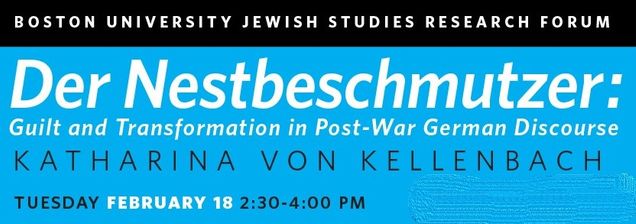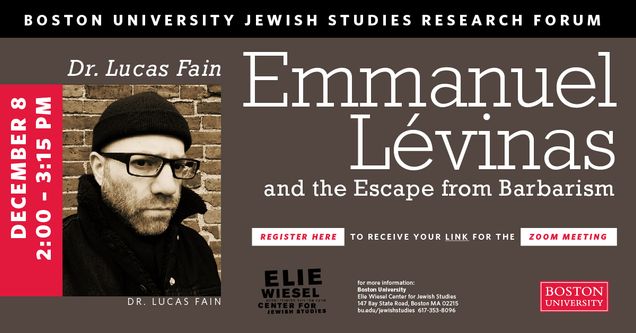Middle Eastern Post-Conflict, Cross-Border Environmental Cooperation:
The Work of the Arava Institute
with Dr. David Lehrer
Thursday, October 21st, 2021, 3:30 PM Eastern
Dr. Lehrer holds a Doctorate from the Geography and Environmental Development Department of Ben-Gurion University of the Negev and a joint Masters Degree in Management Science from Boston University and Ben-Gurion University. Dr. Lehrer was the Executive Director of the Arava Institute for Environmental Studies from 2001 until August 2021 and has now become Director of International Development. Dr. Lehrer has been a member of Kibbutz Keturah since 1981; worked in agriculture and education, served as the General Secretary and Business Manager, and twice served as an emissary for the Jewish Agency of Israel in the US. Dr. Lehrer’s research includes studies on the effectiveness of the ISO 14001 environmental management system, sustainable development in the Dead Sea Basin, and the cost of nature conservation in Israel. Dr. Lehrer is currently on Sabbatical, lecturing at Boston University.

Der Nestbeschmutzer: Guilt and Transformation in Post-War German Discourse
with Dr. Katharina von Kalllenbach
Tuesday, February 18, 2020, 2:30 PM Eastern
Dr. Katharina von Kellenbach is the Corcoran Visiting Chair in Christian-Jewish-Relations at Boston College, 2019-2020. She recently served as Co-Convener of the ZIF Research Group “Felix Culpa: Guilt as Culturally Productive Force” at the Center for Interdisciplinary Research (ZIF) in Bielefeld in 2018-2019. She is a Professor of Religious Studies and former Chair of the Department of Philosophy and Religious Studies at St. Mary’s College of Maryland, the National Honors College of the State of Maryland. Her areas of expertise include Holocaust Studies, Jewish-Christian relations, feminist theology, and interreligious dialogue. Publications include Anti‑Judaism in Feminist Religious Writings (Oxford University Press, 1994), The Mark of Cain: Guilt and Denial in the Lives of Nazi Perpetrators (Oxford University Press, 2013), and the forthcoming Composting Guilt: The Purification of Memory after Atrocity (Oxford University Press, 2020).
In post-WWII Germany, Germans asking questions about the Nazi past were often denounced as Nestbeschmutzer (“nest soilers”). In her lecture, Dr. von Kellenbach examines the persistence of Nazi rhetoric of purity and purification in post-war debates on guilt and its remedies. The language of pollution and its alleviation resurfaced in political and legal strategies of expurgation, catharsis, and closure. She argues that, alternatively, the label of Nestbeschmutzer can provide a hermeneutic of intimacy and involvement that accepts culpability while generating the potential for transformation instead of repression or removal.

Emmanuel Lévinas and the Escape from Barbarism
with Dr. Lucas Fain
Tuesday, December 8, 2020, 2:00 PM Eastern
In the years 1934-35, Emmanuel Lévinas linked the political and intellectual rise of Hitler and Heidegger to an “arrogant barbarism established in the heart of Europe.” The most needful philosophy was a philosophy capable of thinking in level terms with barbarism. For the young Lévinas, this was conceived as a philosophy of escape. This talk will explore the Judaic sources of Lévinas’s ethical philosophy in connection to a challenge posed by the French psychoanalyst Jean Laplanche, for whom the Lévinasian revelation of the face presupposes the fundamental anthropology of seduction.
Lucas Fain is a Visiting Scholar at the Elie Wiesel Center for Jewish Studies. He holds a PhD in Philosophy and Psychoanalysis from the University Professors Program at Boston University. Before arriving at the Wiesel Center, he taught philosophy and social thought at Harvard University, University of California–Santa Cruz, and Suffolk University. He is the author of Primal Philosophy: Rousseau with Laplanche (Rowman & Littlefield International, forthcoming in 2021).